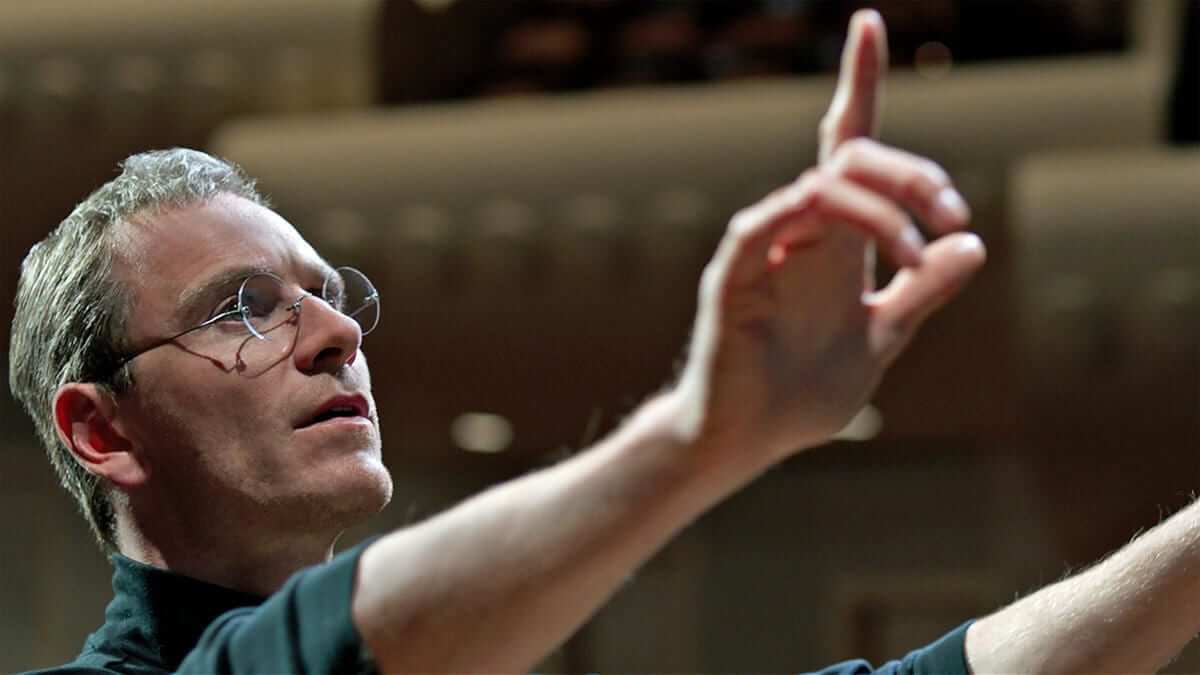In startup land, getting out of the building and moving fast are prerequisites for finding a repeatable and scalable business model before the money runs out. Philosophy — oft maligned as self-indulgent and impractical — has no place in the world of startups, right? The philosopher kings of Silicon Valley may beg to differ.
These days Paul Graham is famed for conceiving the idea of startup accelerators and then launching the world’s first, Y Combinator. Graham came to prominence as the co-founder of Viaweb, arguably the first ever web-based application, which he and his co-founder Robert Morris (yes, that Robert Morris) sold to Yahoo! for $49 million in 1998. He’s also known for his work on the Lisp programming language (and his own dialect of it). Terman became aware of Graham in 2005, soon after the publication of his book, Hackers & Painters. A computer scientist friend, who was pursuing a somewhat esoteric Ph.D. topic at the time, introduced me to one of Graham’s eloquent, thoughtful essays, which span a number of topics from startups to how to argue, to practical philosophy. Yes, philosophy. Graham was a philosophy major at Cornell, prior to undertaking his Ph.D. in computer science at Harvard.
And he’s not the only member of the Valley elite with a philosophy degree. Reid Hoffman — LinkedIn founder, member of the PayPal mafia, partner at Greylock and perhaps the world’s foremost angel investor — gained a Masters degree in philosophy from Oxford. His good friend and fellow PayPal mafioso, Peter Thiel, obtained his philosophy degree from Stanford.
Here are a couple of videos from Forbes that show Hoffman and Thiel reminiscing about their time together at Stanford. They describe meeting each other for the first time in a philosophy class, then spending hours on the quadrangle debating “life, the universe and everything”, and seeking “truth”. The videos also show that, far from spurning “public intellectuals” as might happen in certain other entrepreneurial circles, these two billionaires want to foster a culture of intellectualism to help guide the future of their country and the world.
That video provides a taste of Thiel’s and Hoffman’s motivations. But they were only just getting started. The next video touches on Shakespeare, PayPal, Hoffman’s early social media startup, the importance of hiring fast learners, and the importance of novelty in tech startups.
Next time you’re struggling to figure out how to make a big dent in the universe with your own startup, maybe the answer is to take time out to “read the Tempest and talk about its implication in life”. While such discussions obviously didn’t lead Thiel and Hoffman directly to their billions, it is reasonable to suggest that it was practice for thinking about the possible implications their own ideas would have on the world. One gets the distinct sense from watching the videos that these guys wrap the usual nuts-and-bolts business thinking in a meta layer of thought that asks not merely how to achieve product/market fit, but what would a particular idea mean for the world if brought to fruition? The dollars made are a side-effect of having created something that moves the world in a positive direction.
Graham, Thiel and Hoffman are intellectual doers. For them, it seems, there is no contradiction between deep, contemplative, intellectual thought and getting stuff done. In fact, creating game-changing businesses like PayPal, Y Combinator and LinkedIn may demand this sort of thinking. Why? One reason might be that philosophy teaches its students useful ways of thinking, how to look at existing concepts from all angles to see their relation to other concepts, and how to treat fragile new ideas with the necessary patience and care so as to give them the opportunity to bloom. These are soft but important skills in the business of creating things that change the world for the better. Philosophy doesn’t have a monopoly over this kind of thinking; really, we’re using the specific to make a point about the general. But philosophy is somewhat unique in that it typically plays out almost entirely in the mind, which could explain why it is often maligned for its perceived impracticality.
Despite having no formal training in philosophy, many other Silicon Valley heavyweights exhibit similar traits: a desire to understand the world and human nature, a willingness to explore ideas fully before casting them off to one side, an appreciation of the indirect route, and a propensity to question the status quo.
Ev Williams, founder of Twitter, Blogger and Medium, spoke with Kevin Rose recently about, among other things, how to have big ideas. While not explicitly framed in philosophical terms, Williams seems to personify this sort of thinking. Here’s what Williams says in the interview at around the 46th minute:
Any big idea is going to take a while to get there. By definition, if it’s big, and no one has done it before, it’s not going to be 1-2-3, ‘We got it!’ There is going to be a dark period in there, because you don’t know what the key to getting there is. You have to be willing to be in some murky territory, and be prepared to invest, if you really want to do something different.
This is a sentiment echoed by Sir Jony Ive in his Steve Jobs eulogy:
I think [Steve], better than anyone, understood that while ideas ultimately can be so powerful, they begin as fragile, barely formed thoughts, so easily missed, so easily compromised, so easily just squished.
Jobs, inherently philosophical in practically everything he did, was probably the ultimate philosopher king.
Anecdotally, many of those attracted to the study of philosophy possess a contrarian streak: they zig where others zag. Or, as Apple would have it, they Think Different. It is no coincidence, however: doubt and suspicion of the accepted wisdom lie at the heart of the philosophical method. Paul Graham relates that he chose to study philosophy in the first place partly because of the shock value; it was the “most impressively impractical thing to do,” a bit like “slashing holes in your clothes or putting safety pins through your ear”. Thiel, for his part, founded a campus newspaper that challenged some embedded aspects of Stanford University culture. He also created the Thiel Fellowship, which grants $100,000 to around 20 students each year if they quit university to pursue a startup, social enterprise or scientific research. Interestingly, though, he teaches the occasional course at Stanford University! Holding two or more apparently oppositional viewpoints simultaneously is another hallmark of the philosopher. Thiel is well known to live with a few perceived internal conflicts.
Is this post really about studying philosophy? No, it’s about having a philosophy. But it does seem that the general skills one picks up as a result of studying it provide a framework within which to ask interesting questions, play with left-field ideas, and grow them to the point where they’re concrete enough to test with the usual lean startup toolkit. A philosophical approach may just help you bootstrap your thinking into another plane, endow you with the courage to try something different, and give you the patience to persevere where others would pivot.
Just remember, though, that a billion dollar idea in your head isn’t worth anything to anyone. You still need to bring it to reality. Time to hustle.
___________________________________________________
About the Author
This article was produced by The Tech Street Journal. The Tech Street Journal is a digital publication that aims to shine a light on everything related to tech creation in Brisbane and the surrounding region. It aims to deliver a steady stream of original local tech news, which will be augmented by opinion and thought leadership from tech luminaries. see more.





























